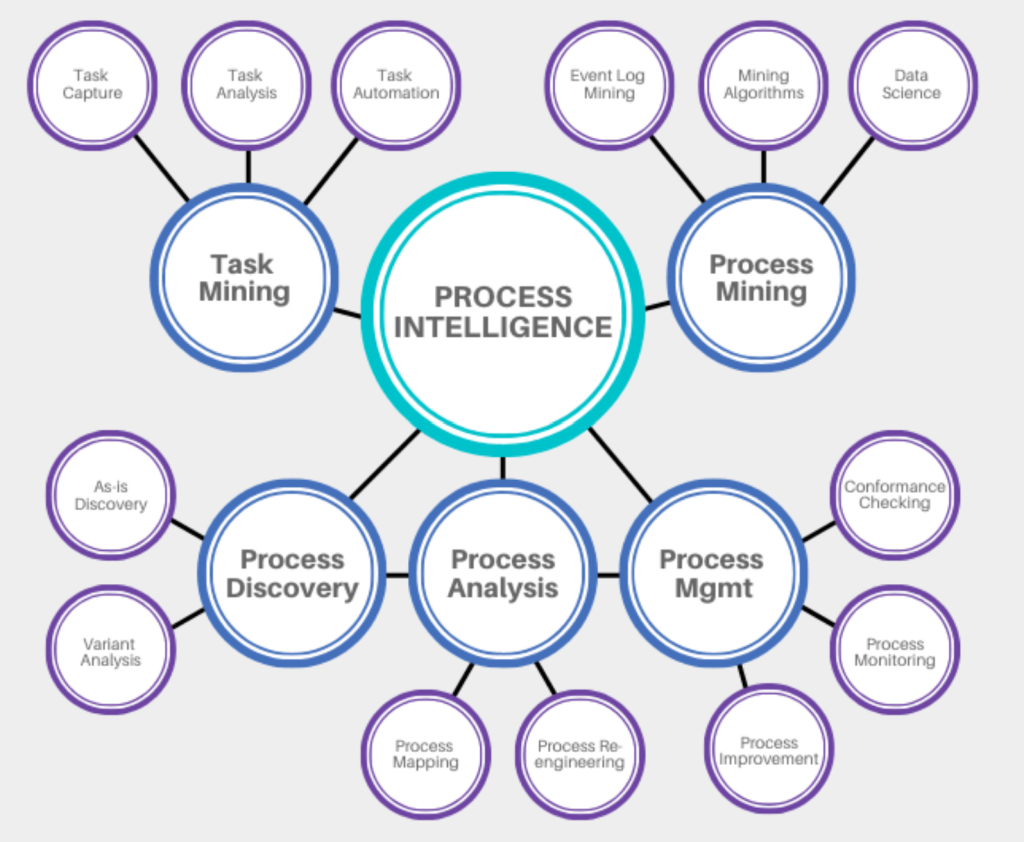
- Process intelligence is critical for organizations aiming to remain competitive by enabling strategic, data-driven decisions.
- Integrating data-driven and process-driven approaches, supported by process intelligence, enhances continuous improvement and operational excellence.
- Leveraging process intelligence within the BPM lifecycle can help organizations optimize processes, reduce costs, and gain a competitive edge.
In today’s rapidly evolving business environment, staying competitive requires companies to be agile and adaptable. Process intelligence plays a crucial role by providing a software-based methodology that helps organizations thoroughly understand and analyze their internal processes. This capability allows businesses to collect, visualize, and assess real-time operational data, giving them deep insights into efficiency and identifying areas for improvement. With process intelligence, companies can anticipate challenges, optimize processes, and make more informed strategic decisions, all essential for maintaining a strong market position.
Data plays a pivotal role in continuous process improvement, with four critical types: business data, operational data, system data, and desktop data. Each type offers a unique perspective that complements the others, forming a comprehensive view of an organization’s operations. Organizations can employ various software tools to make the most of these data types, such as data mining, process mining, and task mining. These tools help analyze large datasets, uncover patterns, and improve operational efficiency by providing actionable insights into how processes are carried out and how they can be optimized.
Organizations typically balance two approaches: data-driven and process-driven. A data-driven approach focuses on analyzing data to inform decisions, while a process-driven approach emphasizes optimizing procedures and operations to improve efficiency. The synergy between these approaches can significantly enhance an organization’s ability to adapt and thrive. Process intelligence bridges these approaches by providing the tools necessary to understand and improve the data and the processes, leading to a more agile, efficient, and adaptable company.
Process intelligence is integral to the Business Process Management (BPM) lifecycle, including strategic planning, process modeling, automation, monitoring, and optimization. By leveraging process intelligence at each stage, organizations can continuously improve their operations, ensuring that they remain aligned with strategic objectives and responsive to changes in the business environment. This holistic approach to process intelligence enhances operational efficiency and provides the flexibility needed to stay ahead in a competitive market.
In conclusion, adopting process intelligence is essential for organizations seeking continuous improvement and sustained success. By combining accurate data with advanced analytics, businesses can unlock their full potential, streamline operations, reduce costs, and improve customer experiences, ultimately gaining a competitive edge in an increasingly complex world.


Leave a Reply
You must be logged in to post a comment.